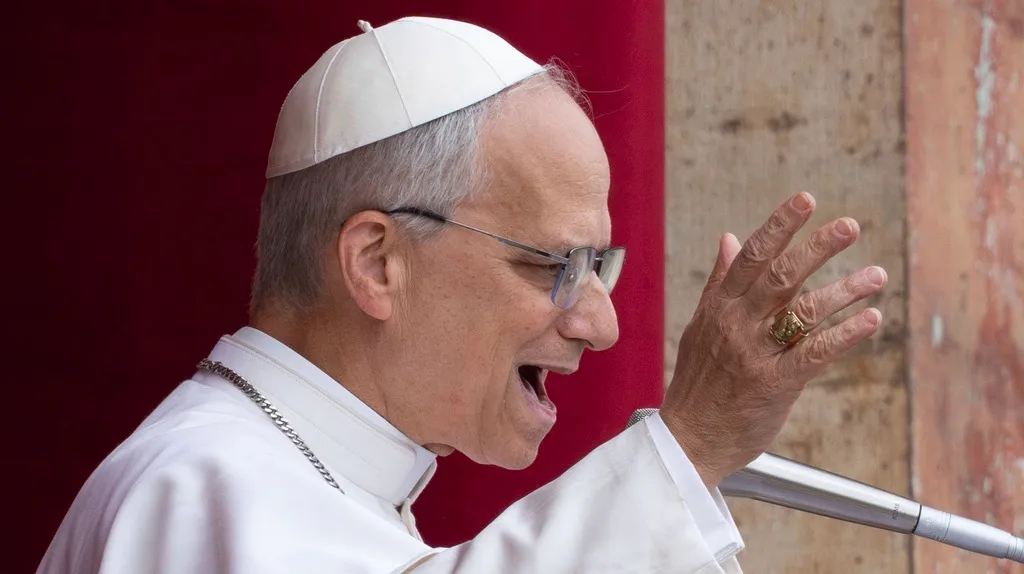September 12, 2011
Wikileaks Bombshell: Ugandan First Lady the Real Force Behind 'Kill the Gays' Bill
Kilian Melloy READ TIME: 4 MIN.
Ever since a measure to impose the death penalty on gays was proposed by Ugandan Member of Parliament David Bahati, an extreme-right politician with ties to anti-gay American evangelicals, Bahati has been identified as the driving force behind the bill.
But among the massive trove of diplomatic communications that was obtained by Wikileaks and made publicly available was one document that indicated Bahati might not have been the bill's primary proponent. Rather, Uganda first lady Janet Museveni was identified by a Ugandan diplomat as having filled that role, according to a Sept. 12 Daily Monitor story.
The Daily Monitor reported that President Museveni's senior advisor, John Nagenda, told an American official that Mrs. Museveni was a "very extreme woman," and that she was "ultimately behind the bill" proposing to put gays to death.
Nagenda also named Nsaba Buturo, who had previously served the Ugandan government in the capacity of Ethics and Integrity Minister, indicating that Buturo -- a major proponent of the bill Bahati introduced two year ago, to an international outcry -- was playing to popular anti-gay sentiment as a means of building power.
Nagenda also said that Buturo had orchestrated mass arrests of gays under former President Milton Obote during his second tenure, which lasted from 1980 - 1985.
Nagenda "advised the US and other donors to refrain from publicly condemning the Bill as this fuels the anti-homosexual and anti-western rhetoric of the Bill's proponents," the Monitor article said.
Nagenda verified that the contents of the leaked document were genuine.
"There [may] be a word here and there which is inaccurate. but the overall all spirit of what I said is well represented," Nagenda told the Daily Monitor. "I had a conversation with the political officer [from the U.S. embassy] who came to my house and we discussed issues about the homosexuality bill."
The bill drew intense criticism from around the world, including nations that lend financial support to the African country. In the face of international pressure, Museveni worked to prevent the bill from becoming law.
Homosexuality is already illegal in Uganda, but the bill proposed by Bahati -- which he introduced shortly after three anti-gay American evangelists visited the nation and appeared at a massive rally -- would steepen penalties for consensual sexual contact between people of the same gender. The death penalty would apply to men who have repeated same-sex encounters, or to HIV positive men who have even a single gay sexual encounter. (Although HIV levels among heterosexuals are epidemic across Africa, the bill does not penalize straight men who transmit HIV to women.)
The bill also punishes people who know about gay relationships but do not alert the authorities.
Museveni "assured the US delegation that nobody in Uganda would be executed for homosexual behavior," the leaked document said.
The bill remains in play and could still get a vote. Observers say that key provisions from the bill have been proposed separately and the anti-gay law might yet come into effect via a combination of several bills being passed under the radar of the international community.
Even without the bill becoming law, life for LGBTs in Uganda has become much harder since Bahati introduced the bill. Street violence against gays has increased, spurred by a deeply anti-gay media. One Ugandan newspaper published the names, photographs, and addresses of one hundred Ugandans that the paper claimed was gay. The headline for the article encouraged readers to "Hang Them!"
In an essay published last autumn, a gay Ugandan described how conditions had deteriorated with the rising tide of anti-gay animus.
"We live in the suburbs of the Ugandan capital, and have been together for 10 years. And we are gay," the article, attributed only to "Nsubuga" and published on Oct. 22, 2010, in British newspaper the Guardian, read.
"He is a man. I am a man. We are both Ugandans, living, working in Uganda," the essay continued. "So, how is it to be gay, and Ugandan, today? We live in interesting times and we have lived a kind of terrifying history."
Nsubuga related how Uganda's LGBTs have had to remain in hiding for their own safety, with one result being that stereotypes and scapegoating cannot be countered by actual everyday experience.
"In fact, we gay Ugandans hide so well, and are gracefully camouflaged, that fellow Ugandans frequently ask themselves who the 'evil gays' are," Nsubuga wrote. "Of course, we are their kin. But they don't believe their brothers, sisters, cousins, relatives can be the 'evil gays.' "
But one side effect of the anti-gay bill has been to make Uganda's LGBT population more, not less visible -- out of sheer self-preservation, Nsubuga wrote, gays have had to emerge from the closet.
"We found ourselves targeted by a truly horrible piece of legislation, seeking to kill and imprison us for life, all in the name of 'family and cultural values,' " Nsubuga wrote. "We had to fight, and we had to come out of the shadows to fight....
"No, it is not easy to be gay and Ugandan," Nsubuga added. "Whether it is denial of HIV prevention services for gay men, or the need to bribe police when you are reported, it is not easy."
Kilian Melloy serves as EDGE Media Network's Associate Arts Editor and Staff Contributor. His professional memberships include the National Lesbian & Gay Journalists Association, the Boston Online Film Critics Association, The Gay and Lesbian Entertainment Critics Association, and the Boston Theater Critics Association's Elliot Norton Awards Committee.


